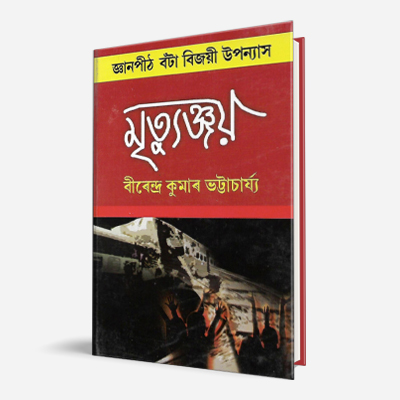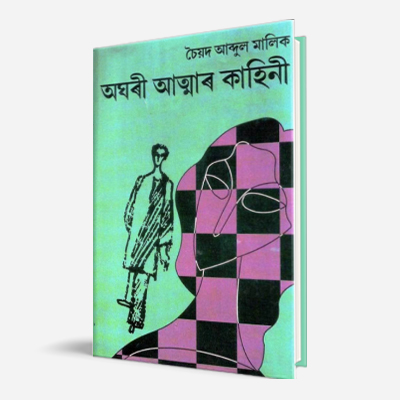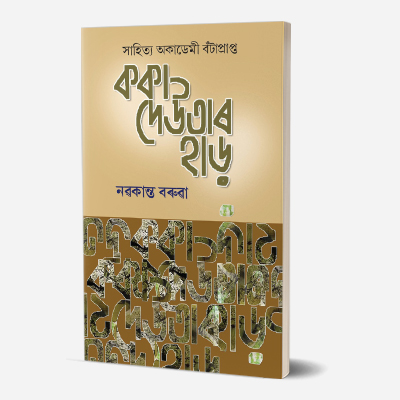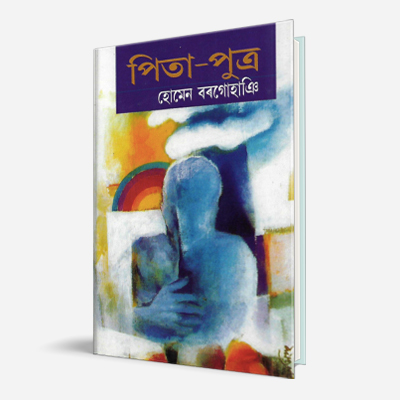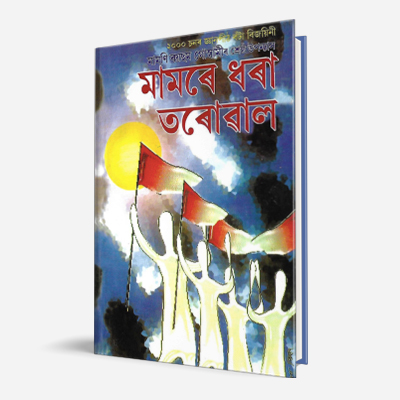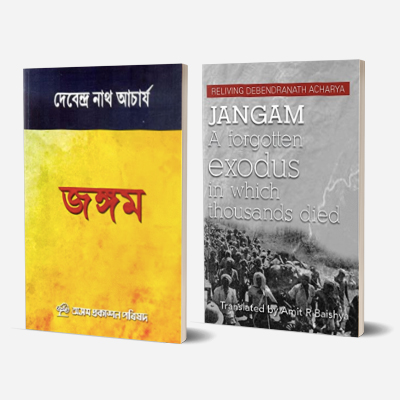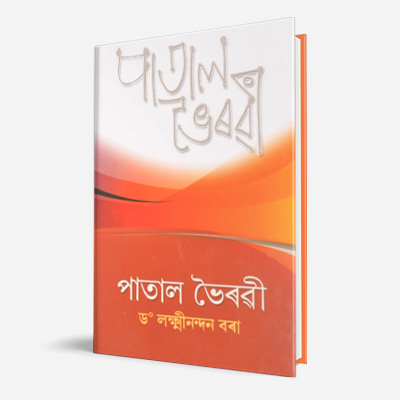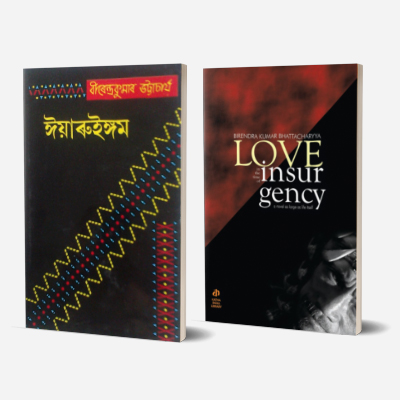Patal Bhairavi
By Lakshminandan Bora
The novel follows the life of Mukunda Khound, who grows up from a sensitive child unable to bear the pressures of his school and family, to a powerful man, grown rich from his dealings with the underworld, to, in the end, a humble, selfless, social worker. It explores not only how the human spirit can be so severely shaped by socio-political conditions, but also how, despite everything, the possibility of self-redemption is persistent. The author writes about a previously unexplored territory—the role of the underworld, of smuggling, violence and drugs. Further, in the words of academic Nagen Saikia, “though Bora’s pen has migrated from rural life to city life, it continues to be effective in drawing the rusticity of village life… [which] has brought uncommon taste and flavour for the Assamese readers.”
About the Author
Lakshminandan Bora (1932—) is a scientist, novelist and short story writer in Assamese literature. In his career, he has served as President of the Assam Sahitya Sabha (1996-7), founded and edited the Assamese weekly Rangpur, and authored 77 books in total which include novels, anthologies of short stories, travelogues, autobiographies etc. His works are known for their empathetic, comprehensive and thoroughly humanistic depictions of life in villages in rural Assam, having grown up in one. For his contributions, he has received the Saraswati Samman(2009), and the Padma Shri (2015).
Also read
Kayakalpa
Bora’s most famous novel, it was awarded the Saraswati Samman in 2009, and has been translated into 11 languages, including English as Kayakalpa: The Elixir of Everlasting Youth by Biman Arandhara (2010). It depicts the journey of a scientist who returns to India, and his experiences in trying to rediscover himself, and the secret to rejuvenation.
Yaruingam
By Birendra Kumar Bhattacharya
Translated into English as Love in the Time of Insurgency by the author (Katha Books, 2005)
Yaruingam is one of the earliest books published that deals with the lives of Tangkhul Nagas, and is also one of its most influential representations. In the novel, Bhattacharya presents the life of Nagas against the background of the Second World War with imaginative sympathy and understanding. He portrays the profound disagreements of Naga people reckoning with the intersection of various ideas – Christianity, traditionalism, the Indian Independence movement, and the nascent, controversial movement for Naga sovereignty. Today, the novel is widely considered to be a masterpiece of Indian literature. It won the Sahitya Akademi Award in 1961.
About the Author
Birendra Kumar Bhattacharya (14 October 1924 – 6 August 1997) was one of the pioneers of modern Assamese literature. He was the first Assamese author to win the nation’s most prestigious literary award, the Jnanpith Award (1979). He wrote 20 novels, 6 Short stories, a 100 poems and innumerable essays and articles besides translating classics from Bengali and Assamese into English, including many of his own works. Nearly all of his novels are written with a political tone, particularly around the Independence movement and its often unrecognized by-products in peoples’ lives.
